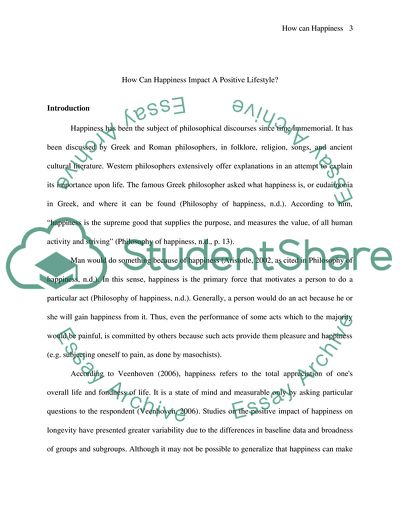Cite this document
(How Can Happiness Impact a Positive Lifestyle Research Paper, n.d.)
How Can Happiness Impact a Positive Lifestyle Research Paper. Retrieved from https://studentshare.org/psychology/1757144-how-can-happiness-impact-a-positive-life-style
How Can Happiness Impact a Positive Lifestyle Research Paper. Retrieved from https://studentshare.org/psychology/1757144-how-can-happiness-impact-a-positive-life-style
(How Can Happiness Impact a Positive Lifestyle Research Paper)
How Can Happiness Impact a Positive Lifestyle Research Paper. https://studentshare.org/psychology/1757144-how-can-happiness-impact-a-positive-life-style.
How Can Happiness Impact a Positive Lifestyle Research Paper. https://studentshare.org/psychology/1757144-how-can-happiness-impact-a-positive-life-style.
“How Can Happiness Impact a Positive Lifestyle Research Paper”, n.d. https://studentshare.org/psychology/1757144-how-can-happiness-impact-a-positive-life-style.


